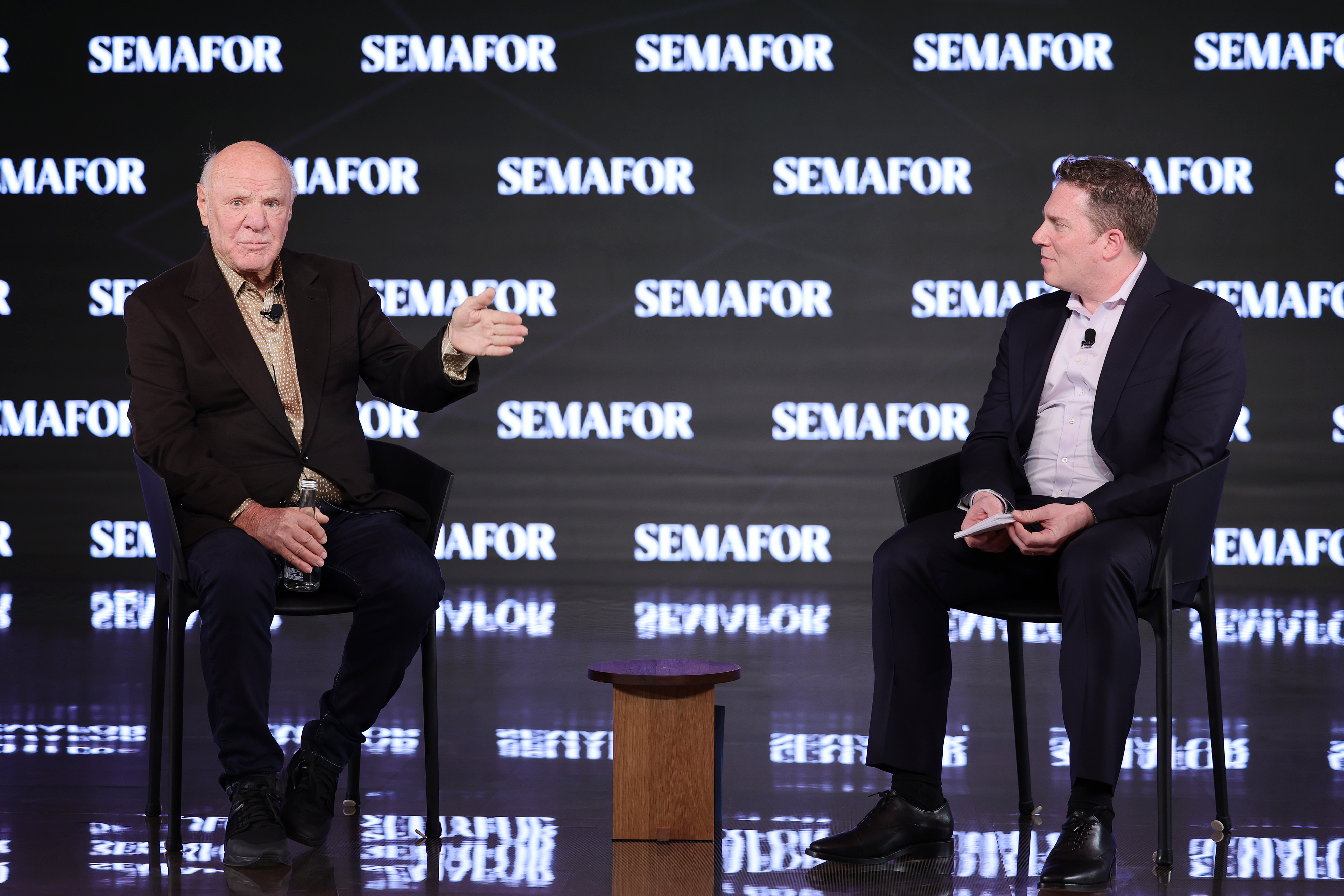
Large publishers are in talks to create a coalition to address the impacts of artificial intelligence on journalism, the Wall Street Journal reported. Discussions reportedly include executives and lawyers at the New York Times, Vox Media, the Journal-owned News Corp, Condé Nast-owned Advance and Dotdash Meredith-owned IAC. Axel Springer, which owns Politico and Insider, is also involved, according to the Journal. While an agenda and membership aren’t yet official, some executives at the top of these companies have already spoken out about the threat of AI on the industry.
Large language models like ChatGPT are a threat that Barry Diller, the billionaire founder of IAC, has addressed. While it is unclear what information these chatbots are trained on, the assumption is that some of it comes from news articles. As large language models become more mainstream, potentially negating the need for consumers to click into news sites, publishers could face revenue declines. If publishers don’t find “some way of getting compensated for it, all will be lost,” Diller said at the Semafor Media Summit in April. News publishers should band together against technology like ChatGPT, he said. That’s exactly what could happen with the proposed coalition.
The rise of AI is the most recent challenge plaguing journalism, following years of advertising declines that have endangered the publishing business model. AI can improve efficiency in the newsroom, and some executives, including those at Axel Springer, have told reporters to lean on AI technologies in their work. But artificial intelligence also has the potential to replace journalists altogether if not taken seriously, Axel Springer CEO Mathias Döpfner said earlier this year.
Collaboration among large publishers is rare because of how competitive the industry is. News companies are like “cats fighting in a sack,” Charlie Beckett, director of a media think tank at the London School of Economics and Political Science, previously told Observer. When Big Tech has threatened media companies in the past, they have typically made separate deals with tech companies rather than fighting as a group. For example, News Corp and the Times reached deals with Google worth $100 million per year for their content.
Robert Thomson, News Corp CEO, has also been an outspoken critic of AI technologies. He shares Diller’s concern that news content is scraped to train large language models, he said at an International News Media Association event in May. Journalism can also be summarized and rewritten to appear unique, he said. “These contain all the effort and insight of great journalism, but they’re designed so the reader will never visit a journalism website, thus fatally undermining that journalism,” Thomson said.
Thomson doesn’t expect AI regulation to come from the government in the near term, which is why media companies must advocate for themselves, he said.
